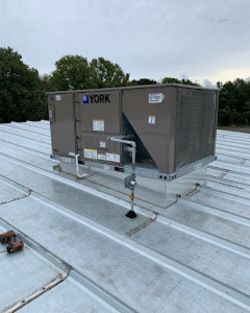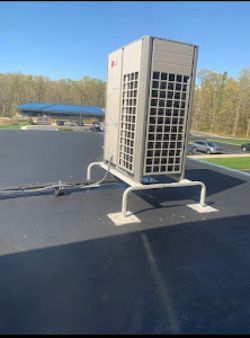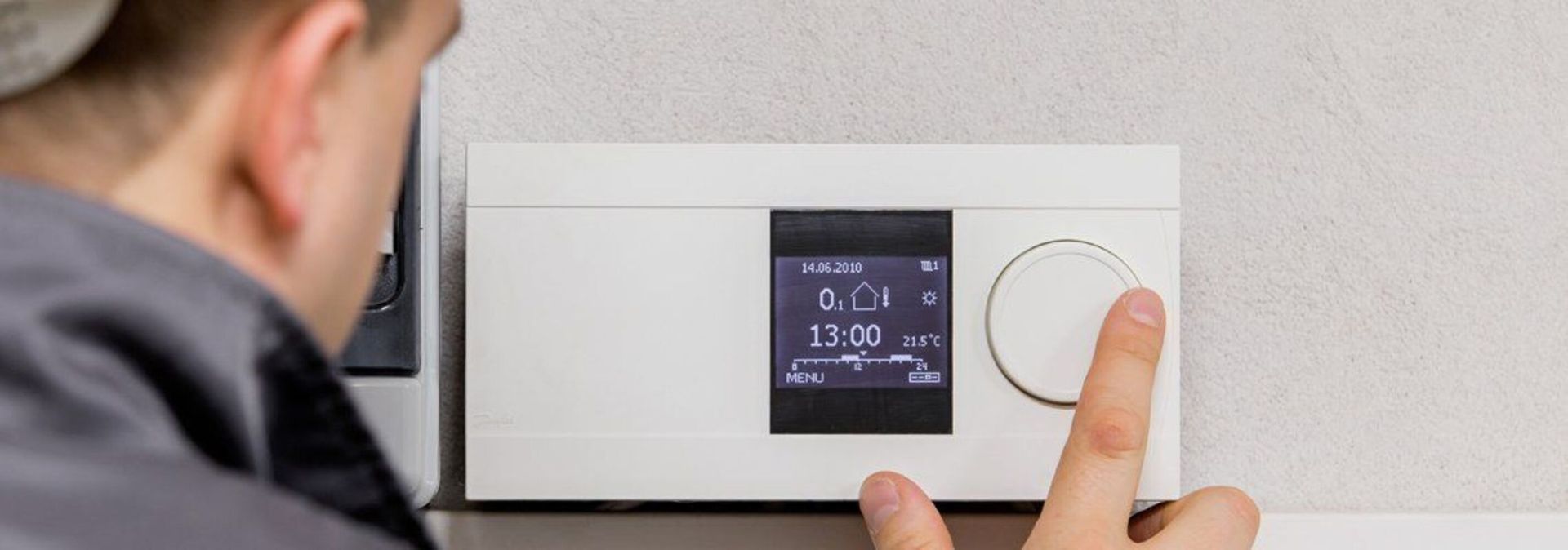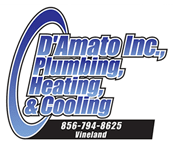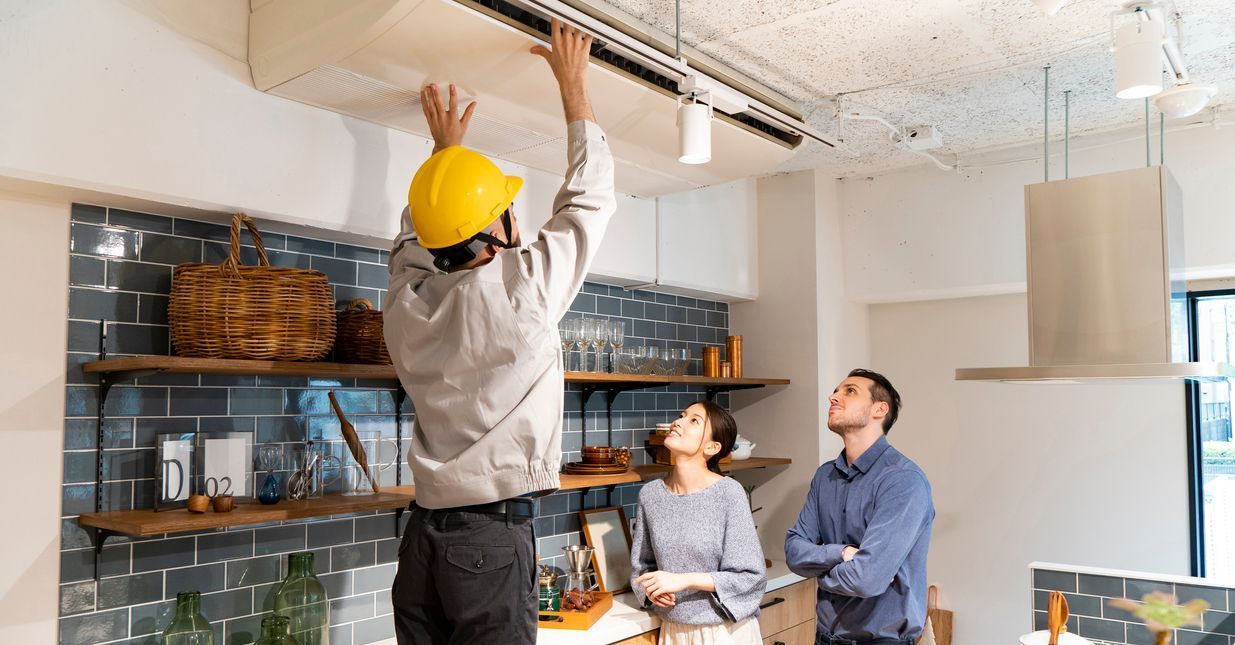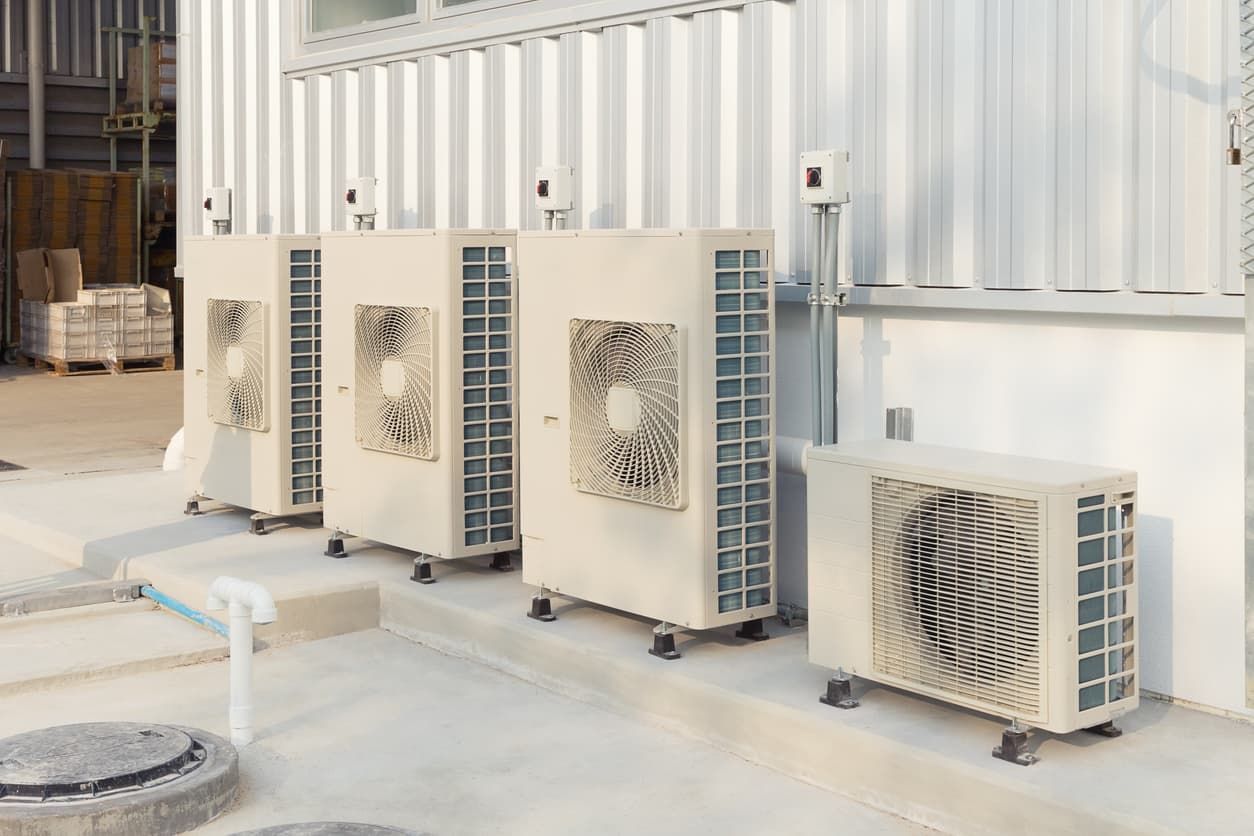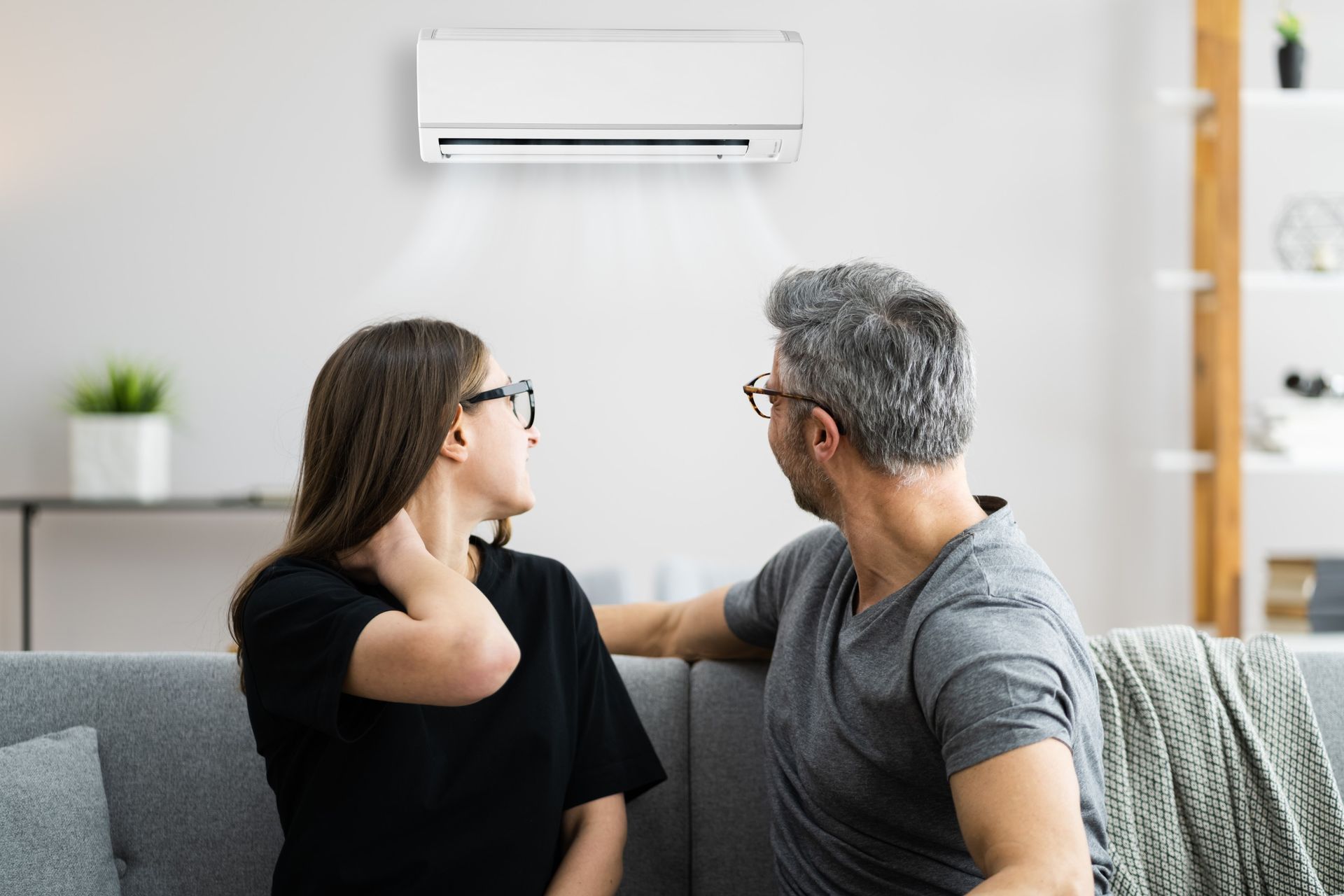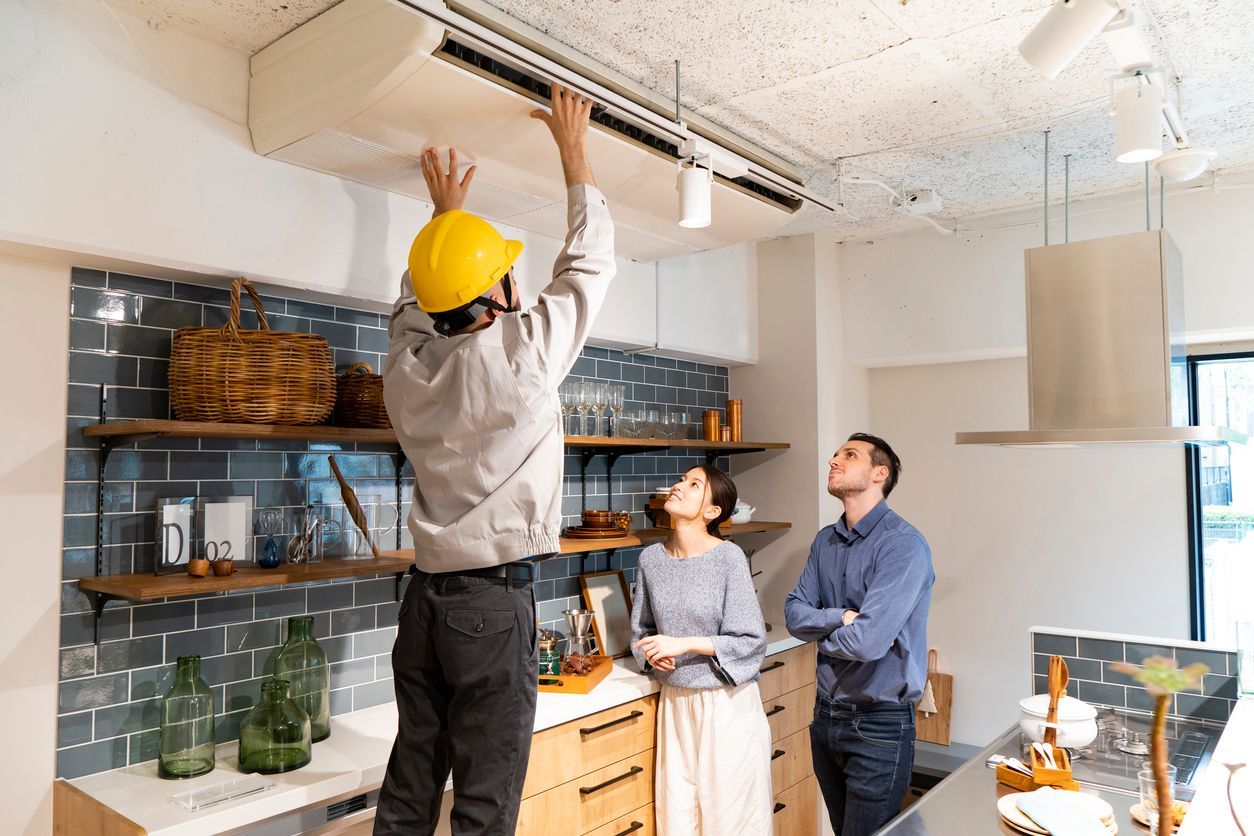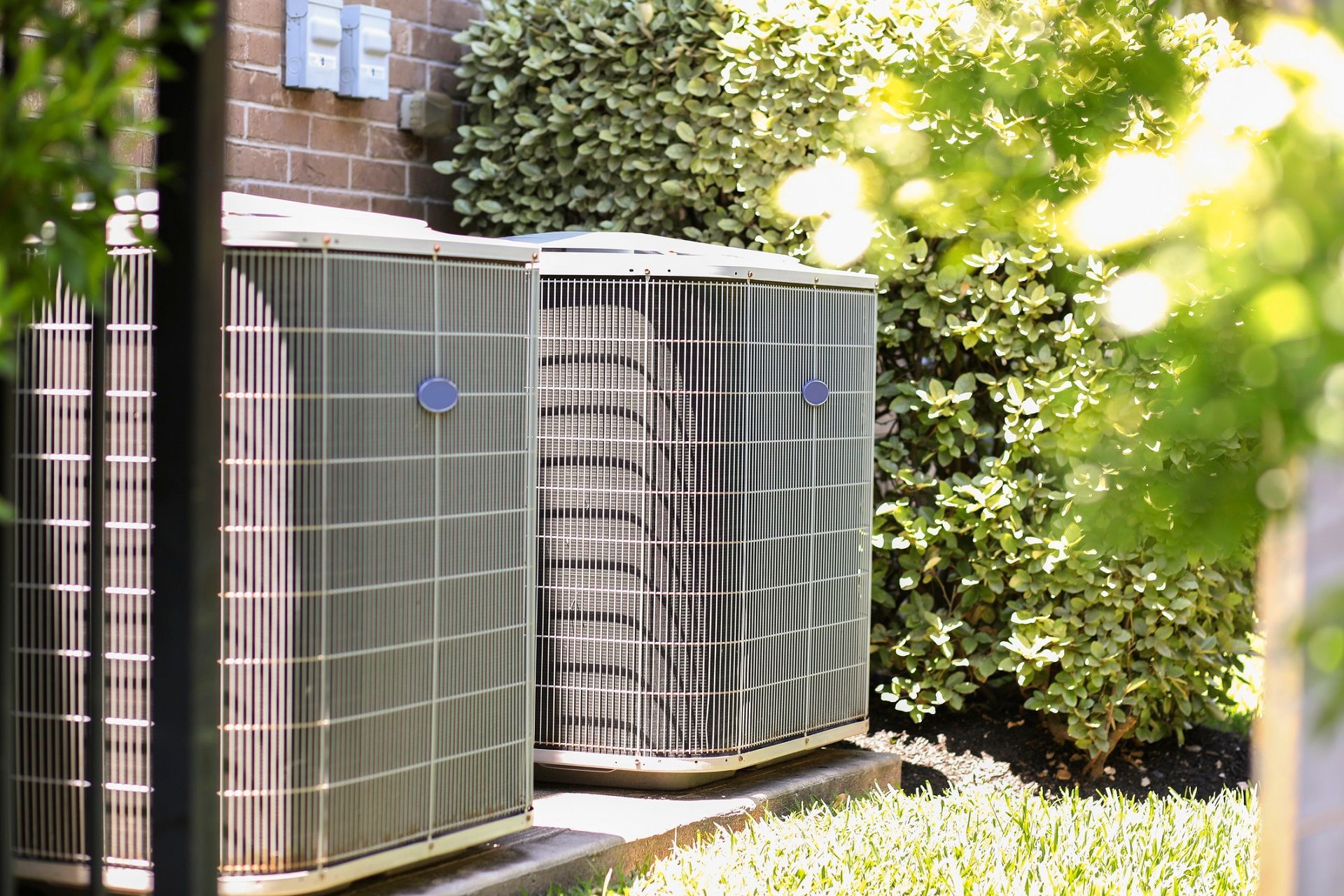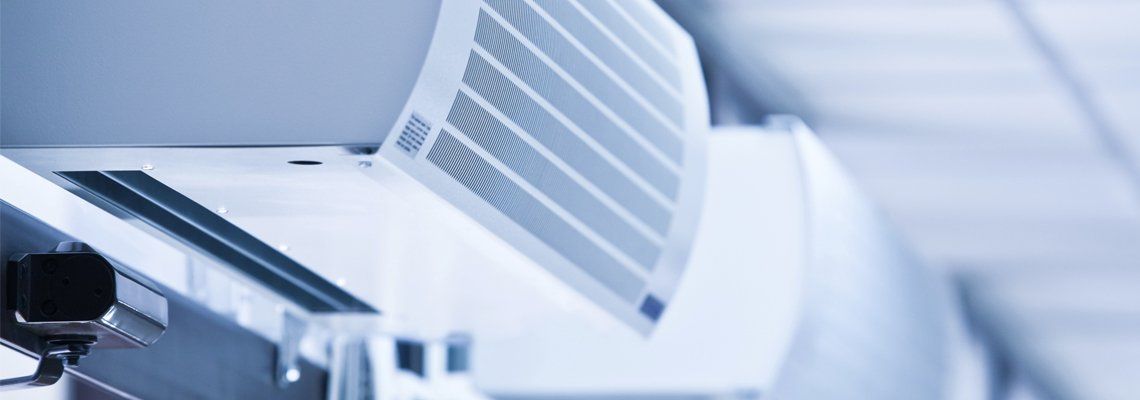How to Troubleshoot Common HVAC Problems
HVAC systems, which stand for Heating, Ventilation, and Air Conditioning, are integral components of any modern home or office. These systems are designed to regulate the internal temperature and air quality of a building, providing a comfortable living and working environment. They encompass several elements, including furnaces, air conditioners, and ventilation ducts, all working in synergy to heat, cool, and ventilate our spaces. However, like any complex machine, HVAC systems can encounter problems, which may impair their effectiveness and efficiency.
Understanding the basics of
troubleshooting common HVAC problems is a vital skill for any homeowner or building manager. Regular maintenance and troubleshooting of your HVAC system can prevent minor issues from escalating into major complications, saving you money and time. Additionally, regular maintenance can extend the lifespan of your HVAC system, ensuring you enjoy controlled temperatures and good air quality for years to come. It's important to note that while some troubleshooting and maintenance tasks can be carried out by non-professionals, others may require the expertise of a trained HVAC technician.
Understanding HVAC System
Components of an HVAC System
In the heart of any heating, ventilation, and air conditioning (HVAC) system, you'll find a set of basic components that ensure the system runs smoothly and efficiently. These include the furnace, the air conditioner, ductwork, and thermostats. The furnace heats the air that circulates through the system, while the air conditioner cools and dehumidifies the air. Ductwork is the transit system that delivers the conditioned air to various rooms, and the thermostat allows users to control the temperature and other settings of the system.
Understanding How These Components Interact
Understanding how these components interact is crucial to troubleshooting common HVAC problems. When the HVAC system is turned on, the thermostat acts as the control, setting the temperature based on the user's preference. The furnace or air conditioner kicks in, heating or cooling the air as required. This air is then circulated via the ductwork throughout the building. The system will continue to run until the desired temperature is achieved.
Issues of an HVAC System
However, the smooth operation of an HVAC system can be disrupted due to various issues. For instance, a malfunctioning thermostat could lead to uneven or incorrect temperature control. Blockages or leaks in the ductwork can cause inefficient heating or cooling, leading to higher energy costs. On the other hand, problems with the furnace or air conditioner can lead to poor air quality or inadequate heating or cooling. Knowing how these components work together can help in identifying what might be going wrong when issues arise.
In the next section, we will delve into specific troubleshooting techniques for common HVAC problems. But remember, while some problems can be resolved with simple maintenance tasks, others may require the expertise of a trained HVAC technician. Always exercise caution and consult a professional if you're unsure.
Common HVAC Problems
The Air Conditioning Not Cooling
The common problems that occur in HVAC systems are as diverse as their components. One of the major issues is the air conditioning not cooling. This could be due to a number of reasons including low refrigerant levels, dirty condenser coils, or a failing compressor. Regular maintenance like cleaning the coils and routinely checking the refrigerant can prevent this problem. If the issue persists, it may be time to call in a professional to inspect the compressor.
The Furnace Not Heating
Another problem is the furnace not heating. This can be caused by a dirty or clogged filter which restricts the airflow, a faulty thermostat, or a problem with the gas supply. Regularly replacing or cleaning the air filter can improve the furnace's function. If this doesn't help, it may be a more serious issue that needs a professional's attention.
Unusual Noise or Vibration
Unusual noise or vibration is another common HVAC problem. This could be due to loose parts, an unbalanced blower, or a malfunctioning motor. The first step to address this issue is to locate the source of the noise or vibration. If it's a loose part, tightening it might solve the problem. If not, it's best to consult with a professional to avoid causing further damage to the system.
Frequent Cycling
Frequent cycling, or the system constantly turning on and off, is often a symptom of an oversized system. This not only disrupts the comfort of your home but also increases energy costs. To fix this, you might need to replace your system with one that is the correct size for your home.
Thermostat Issues
Lastly, thermostat issues can cause a variety of problems in your HVAC system. This could range from incorrect temperature readings to the system not turning on at all. Troubleshooting this involves checking the thermostat's settings and batteries, and ensuring it's properly calibrated. If these steps don't resolve the problem, you may need to replace the thermostat.
Remember, while some of these issues can be addressed with basic maintenance, others may require the expertise of a professional. Always ensure safety when troubleshooting your HVAC system.
Troubleshooting HVAC Problems
Check the Thermostat Settings
To troubleshoot an air conditioning system that is not cooling, start by checking the thermostat settings to ensure it's set to cool and the temperature is set below the room temperature. If this doesn't solve the issue, inspect the air filter. A clogged or dirty filter can obstruct airflow, reducing the system's cooling capacity. If the filter is dirty, replace it. If these steps don't work, it might be due to low refrigerant levels, which would require professional help to refill.
Check the Thermostat and Circuit Breaker
For a furnace that is not heating, first make sure the thermostat is set to heat mode and the temperature setting is higher than the current room temperature. If this doesn't work, check the circuit breaker to ensure the furnace is getting power. Check if the furnace filter is clean; a dirty filter can restrict airflow and prevent the furnace from working efficiently. If none of these steps work, professional intervention might be necessary as the issue could be more complex, such as a malfunctioning ignition system.
Inspect and Tighten Any Loose Components
Unusual noises or vibrations from your HVAC system usually indicate a mechanical problem. Loose or worn out parts can cause clanking, banging, or squealing sounds. Start by turning off the system and inspecting for any loose parts. Tighten any loose components and replace any parts that appear worn out or damaged. If the noise persists, it's advisable to contact a professional as the problem could be more serious, like a faulty motor or compressor.
Replace the Air Filter
Frequent cycling or an HVAC system that turns on and off too often can be due to an oversized system, a clogged filter, or a malfunctioning thermostat. First, replace the air filter if it's dirty. If the system still cycles frequently, check the thermostat settings. If these steps don't resolve the issue, it might be that your system is too large for your home, which would require a professional assessment.
Change the Batteries or the Whole System
Thermostat issues are also common HVAC problems. Check the thermostat settings first to make sure they're correct. If the settings are correct but the system isn't responding, the thermostat may need new batteries. If replacing the batteries doesn't work, you may need to reset the thermostat or it may need to be replaced entirely, which is a job best left to professionals.
When to Call a Professional
Recognizing the Signs that You Need Professional Help
While troubleshooting common HVAC problems can often be done independently, there are instances when it is necessary to call in a professional technician. Recognizing the signs that you need professional help is vital. This can include persistent issues, such as your HVAC system not responding to your troubleshooting efforts, or more severe problems, like unusual noises, frequent cycling, or complete system failure. Persistent issues often indicate a more complex underlying problem that requires a technician's expertise. The risks of DIY HVAC repairs can be significant. Inadequate repair attempts can lead to further damage to the system, resulting in more costly repairs down the line. Furthermore, HVAC systems are complex and can pose safety hazards when handled without proper training. You risk electrical shocks, gas leaks, or causing a fire. Additionally, DIY repairs may void your system's warranty, leaving you responsible for the full cost of any future repairs.
Choosing a Qualified HVAC Technician
Choosing a qualified HVAC technician is a critical step when professional intervention is necessary. Look for technicians who are licensed and insured, as this provides you assurance that they have received the necessary training and are capable of handling your HVAC issues. Check for any certifications they may hold, such as NATE (North American Technician Excellence) certification, which is a solid indication of a technician's competence. Additionally, consider their experience and reputation. Online reviews or word-of-mouth recommendations can be invaluable in assessing the quality of their services. Lastly, always have a clear understanding of costs before hiring a technician. A reliable professional will provide an upfront and transparent cost estimate.
Conclusion
In conclusion, troubleshooting common HVAC issues can be a daunting task, especially for those without training or experience. However, understanding the basics of common problems and their potential solutions can provide a sense of empowerment and allow homeowners to address minor issues themselves.
This article aimed to equip readers with knowledge about common HVAC problems, how to troubleshoot them, and when to seek professional help. We underscored that persistent or severe issues often require the expertise of a trained technician.
Regular HVAC maintenance is of paramount importance, not only in the prevention of common problems but also in the extension of your system's lifespan. Regular checkups can help identify potential issues before they escalate into major complications that require costly repairs.
In reality, many HVAC issues arise due to negligence in regular maintenance. By ensuring your HVAC system is routinely checked by professionals, you mitigate the risk of unexpected breakdowns, enhance efficiency, improve air quality, and ensure a comfortable living environment. Remember, DIY repairs can sometimes lead to more harm than good. They may result in further damage, increase safety hazards, and even void your warranty.
Therefore, it is advisable to consult a licensed, insured, and certified HVAC technician for anything beyond the most basic troubleshooting. A reputable professional will provide transparency in cost, possess the necessary experience, and will uphold a high standard of service. Stay cool and comfortable year-round with D'Amato Plumbing, Heating, and Cooling INC – your trusted experts in troubleshooting and resolving common HVAC problems swiftly and efficiently.
Name, Address, and Phone
D'Amato Plumbing, Heating, and Cooling INC.
1200 West Blvd, Vineland, New Jersey, 08360, US
856-556-3434
Social Media’s
https://www.facebook.com/DAmato-Plumbing-Heating-530817947105755/
